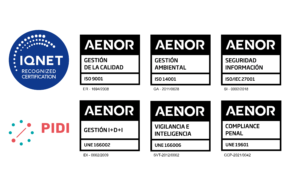EERES4WATER has held the first meeting with the associated partners to present the technical progress during the first year of execution using a virtual platform. The Association of Energy and Environment Agencies of Portugal (RNAE), the French cluster ATLANSUN, the Regional Government of the Canary Islands and the companies Irish Water and Abengoa, are the associate members who have participated in this meeting.
The EERES4WATER project started in April 2019 with the aim of optimizing the energy management of the water cycle in the Atlantic Region (Spain, Portugal, Ireland, France and the United Kingdom).
The project is developing more sustainable technologies for water management systems, such as wave-driven desalination, solar photons for wastewater treatment by photocatalysis, floating solar platforms for water pumping, PV power supply in desalination plants and energy recovery using microturbines, coordinated by the University of Evora (Portugal)”.
The French partner Campus E.S.P.R.I.T. Industries (GIP-Redon) has carried out a feasibility study to improve the energy efficiency of the filling and emptying processes of drinking water tanks. This study aims to optimize the energy flows that take place in pressure regulation systems. It showed a potential saving of 40,000 kWh/year through the proper use of energy flows.
Energy Efficiency
The Canary Islands Technological Institute (ITC) has carried out a review of the most efficient reverse osmosis desalination plants which has included an energy consumption breakdown and optimization opportunities. This information will allow the design of a reverse osmosis rack for desalination plants with high energy efficiency criteria. The University of Seville has also assessed the opportunities to increase energy efficiency in desalination plants by adopting processes based on salinity gradient, namely pressure-delayed osmosis and reverse electrodialysis.
Finally, the team from Cardiff University have been working on improving modelling faecal indicator organisms (FIOs) in coastal and riverine waters by improving the representation of the FIOs sources and improving the decay processes of FIOs in the natural environment.
All these advances will reduce the environmental impact of the water cycle processes, improving the technical framework for the incorporation of renewable energy and energy efficiency.
About EERES4WATER
The EERES4WATER project is coordinated by Technological Corporation of Andalusian (CTA) and co-financed by the Interreg Atlantic Area Programme through the European Regional Development Fund.
The project consortium includes 11 organisations from 5 European countries. The Spanish partners are: CTA, University of Seville, CIEMAT-PSA, Canary Islands Institute of Technology (ITC) and Brinergy Tech. Ireland participates with 2 members: University College Cork (UCC) – MaREI and Resolute Marine (RML). From Portugal, ENERAREA and the University of Évora – Chair in Renewable Energy (UEVORA) participate. The partner from the UK is Cardiff University. The French partner is Campus E.S.P.R.I.T. Industries (GIP-Redon).




